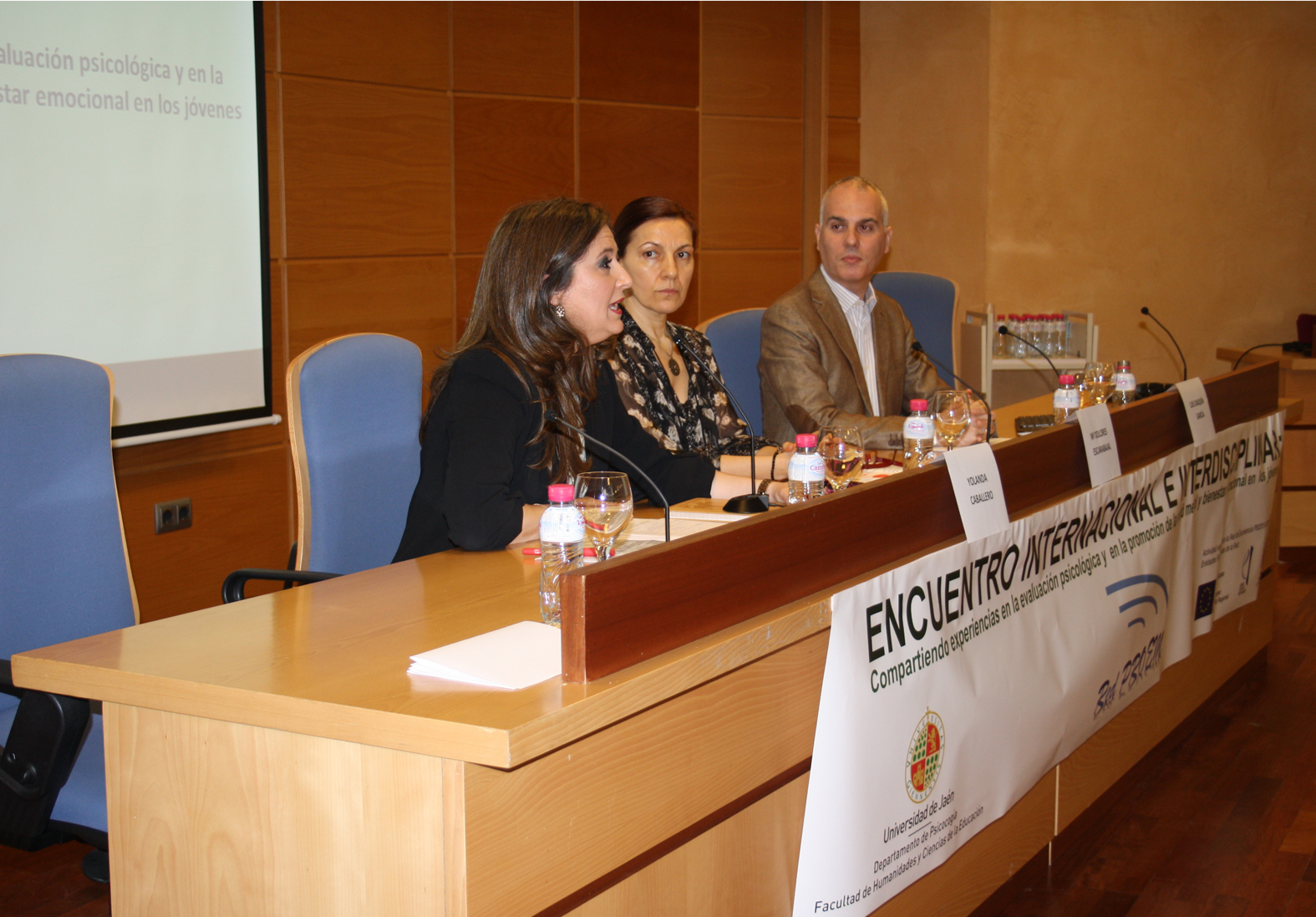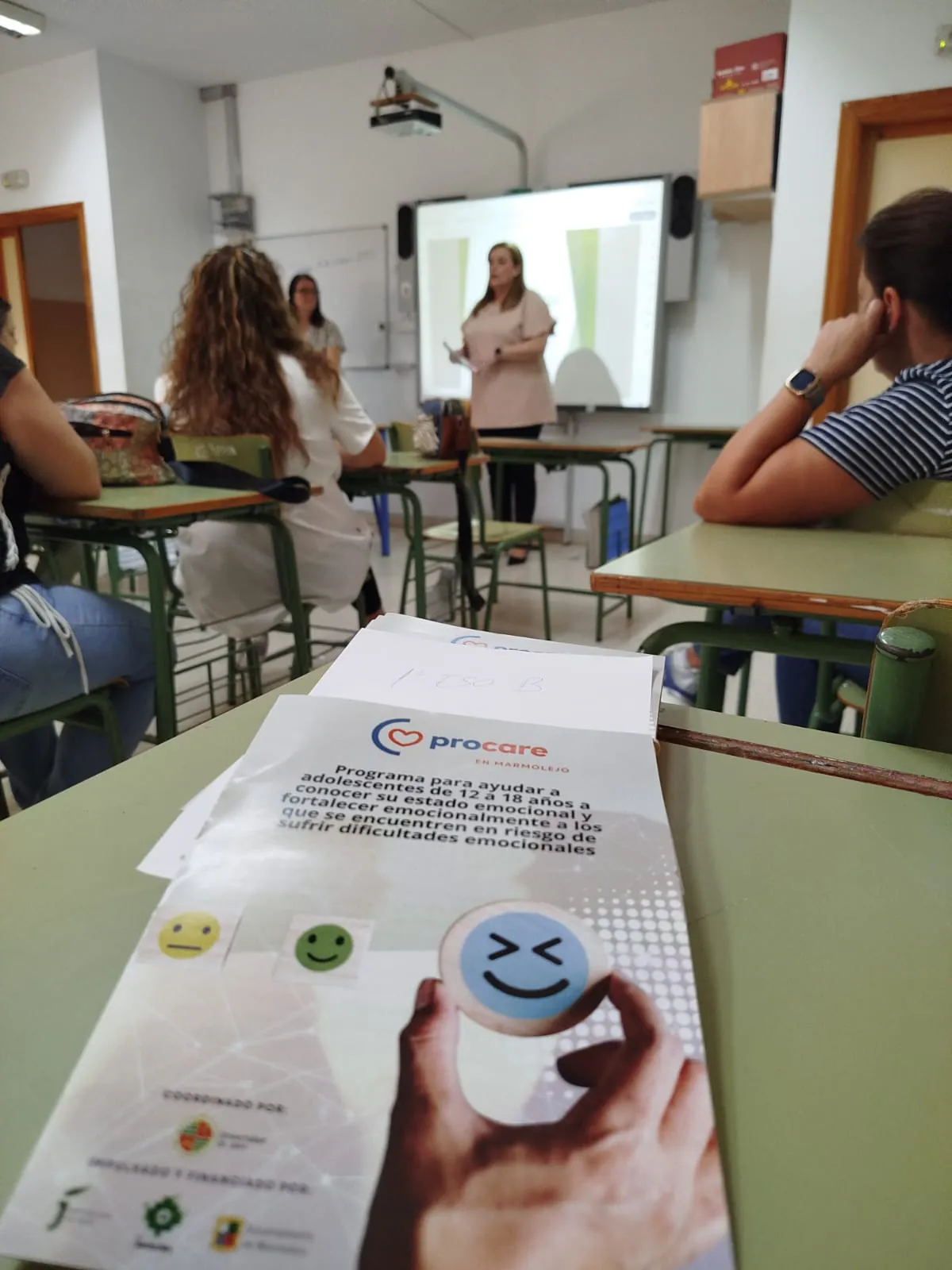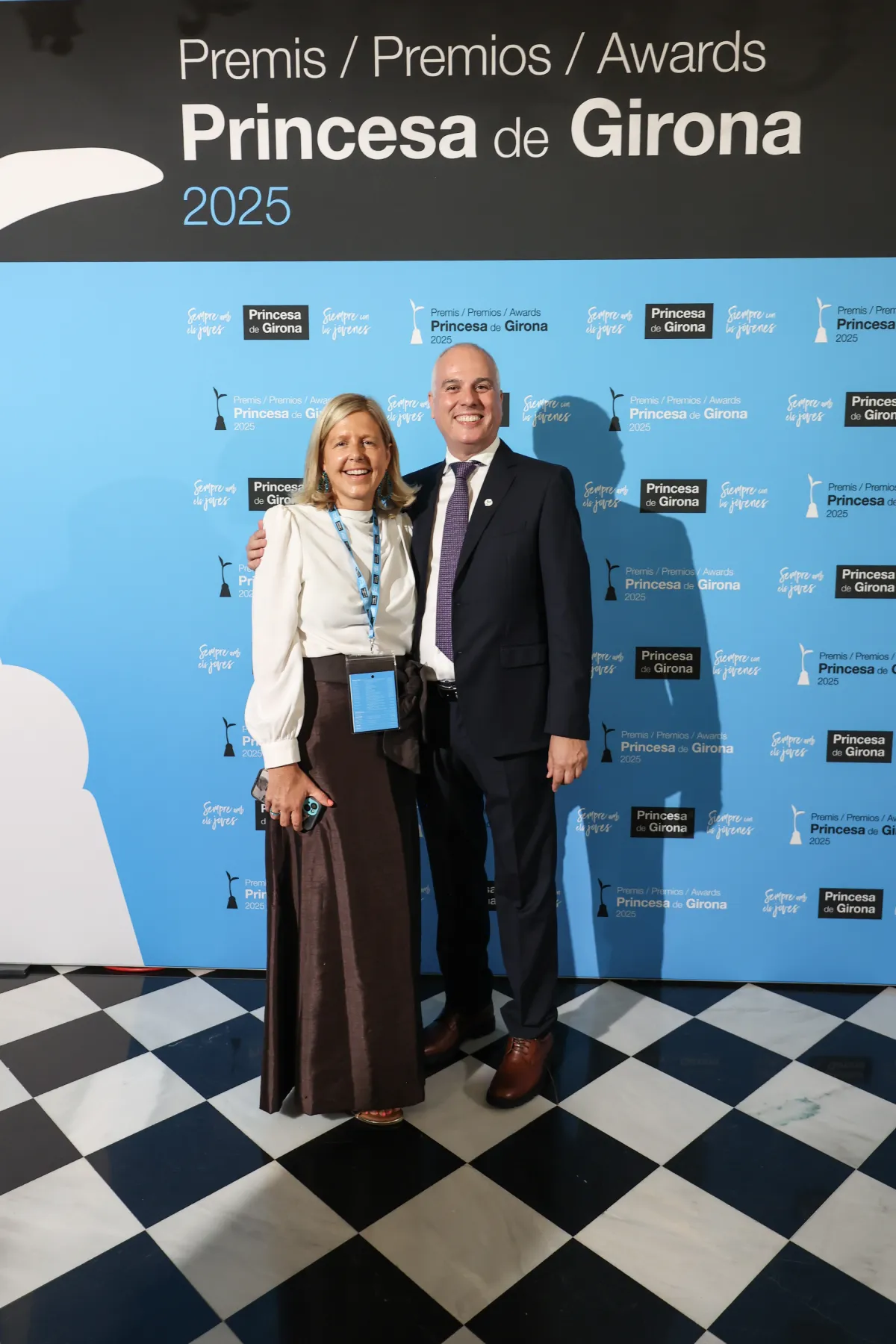Researchers and stakeholders have gathered at the University of Jaen during an international and interdisciplinary meeting to share experiences and devise a document of recommendations aimed at well-being promotion and the prevention and intervention of emotional problems in young people.
23/04/2018.- The Pro-Emotion-Y (PROEM) network has met to debate on the current situation and possible improvements to psychological assessment and mental health and emotional well-being promotion in young people during an international and interdisciplinary conference featuring invited experts and stakeholders held at the University of Jaen.
PROEM is an interdisciplinary research network led by University of Jaen researcher Luis Joaquín García, member of the UJA EI_CTS3 Research Team, whose director is José Antonio Muela. The university is joined by 13 institutions and groups who work together to conduct research on young people with emotional mental disorders that experience stigma, alienation and discrimination. It is the only Network of Excellence led by the UJA and granted by the Ministry and represents a unique initiative in Spain. Not only does it address an issue that has traditionally been approached in a fragmented way, but it is also the first time that different voices have been heard together, including researchers from several disciplines (ICTs, Psychology, Psychopedagogy, Physical Education, Nutrition and Linguistics), community health experts, parents’ associations, guidance counselors, end-users and the young themselves, paying special attention to minorities (sexual, religious, etc.) and gender equality.
The meeting was inaugurated by Luis Joaquín García, accompanied by María Dolores Escarabajal, Dean of the Faculty of Humanities and Education Sciences at the University of Jaen, and Yolanda Caballero, Territorial Delegate for Education attached to the Government of Andalusia. Luis Joaquín García spoke of “the high prevalence of emotional problems in adolescents, which reaches 30 %, and which has become a public health problem due to its social, educational and healthcare costs”. Yolanda Caballero highlighted “emotional learning as one of the regional government’s priorities, with increasingly more visibility in the classroom”.
Subsequently, two round tables took place. The first was moderated by UJA researcher Lourdes Espinosa, who analyzed the current situation behind identifying adolescent mental and emotional problems such as anxiety, stress, depression and suicide. Main conclusions were drawn which pointed towards a lack of resources at schools and in health centres, despite the scale of the problem and young people and their parents not knowing where to go and how to face the problem. Contributions were made by José Antonio Piqueras, lecturer for the Department of Health Psychology at the Miguel Hernández University; Antonio Cano, President of the Spanish Society for the Study of Anxiety and Stress (SEAS) and Professor of Psychology at the Complutense Universaity of Madrid; Miguel Ángel Carrasco, lecturer from the Department of Personality, Evaluation and Psychological Treatment at the UNED Faculty of Psychology; and Ana Cobos, President of the Confederation of Psychopedagogy and Counseling Organizations in Spain (COPOE), plus notable audience participation.
The second round table, moderated by José Antonio Muela, reflected on the challenges we face when it comes to preventing, diagnosing and treating emotional problems, proposing possible actions and policies to take into account. Participants included Inmaculada Gómez, Professor of Psychology at the University of Almeria; Juan Antonio Moriana, lecturer of Psychology at the University of Cordoba; Rocío Casañas, from the Barcelona Mental Health CMH Group; and Enrique Vargas, President of the Spanish Association for Mutual Assistance against Social Phobia and Anxiety Disorders (AMTAES). The main conclusion in this case was identified as a need to devise and drive forward social policies aimed at prevention and increasing the current budget allocated to mental health promotion.
María do Céu Salvador, lecturer of Psychology at the University of Coimbra (Portugal) closed the meeting with her talk entitled “The Contribution of Third Generation Therapies for Promoting Mental Health and Well-being in Adolescents: Mindfulness, Acceptance and Compassion”.
The network’s end goal is to bring together the experiences of research groups, professionals, associations and young people in order to create and draw up a working paper that serves as a road map to describe the current situation and possible recommendations that can be sent to stakeholders and policy-makers, thus allowing us to establish health and mental well-being policies aimed at young people.
This initiative began in 2016 and is funded by the Spanish Ministry of Economy, Industry and Competitiveness, the State Research Agency (AEI), and ERDF funds. UJA researchers are joined by national and international researchers specializing in mental health and other areas belonging to institutions including the University of Cordoba, the University of the Basque Country, the Miguel Hernández University, the Autonomous University of Madrid, the Rovira i Virgili University, the University of Almeria, the UNED Spanish National University of Distance Education, the University of Deusto, and the University of Coimbra (Portugal). They are joined by professionals from clinical and community health institutions like the Les Corts Mental Health Centre Association; guidance groups such as the Confederation of Psychopedagogy and Counseling Organizations in Spain; and user groups and communities including the Spanish Association for Mutual Assistance against Social Phobia and Anxiety Disorders and the Spanish Society for the Study of Anxiety and Stress.










